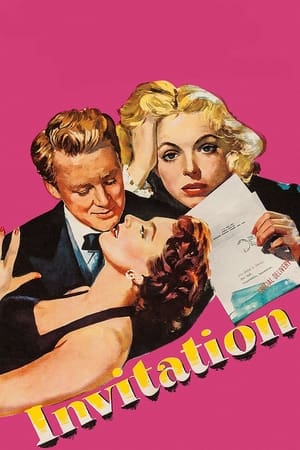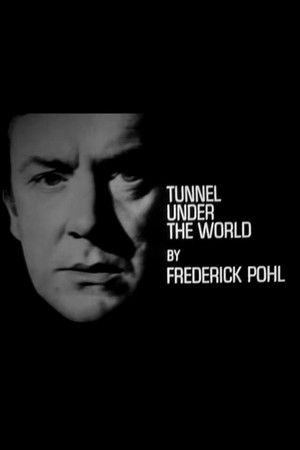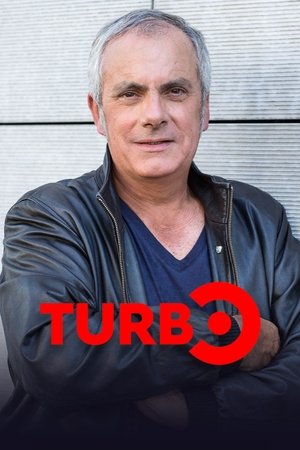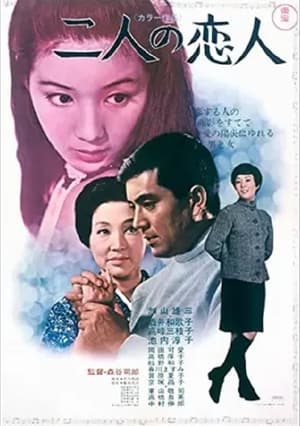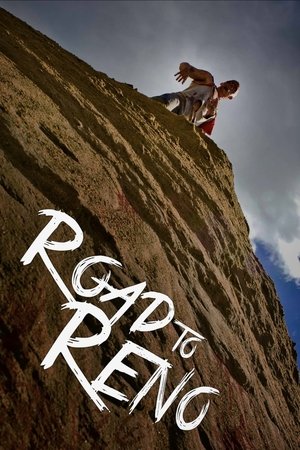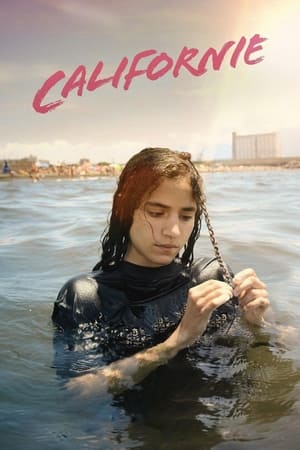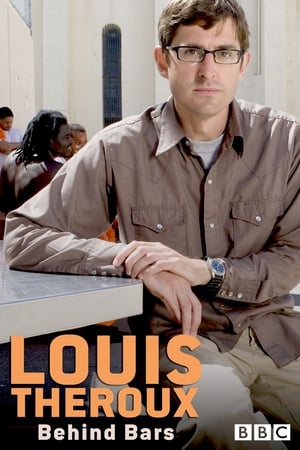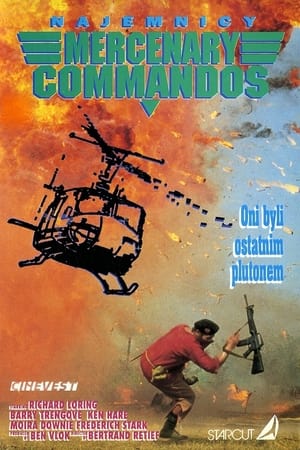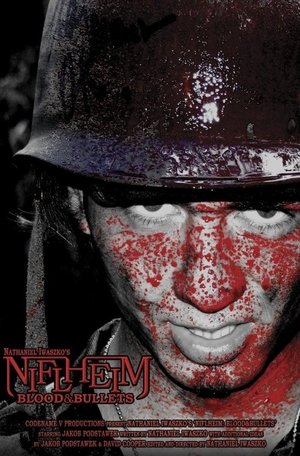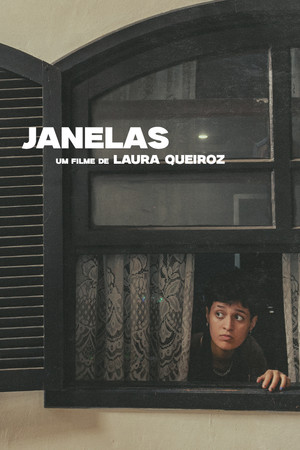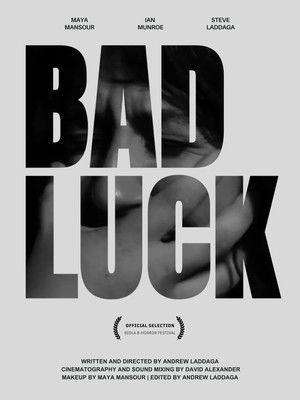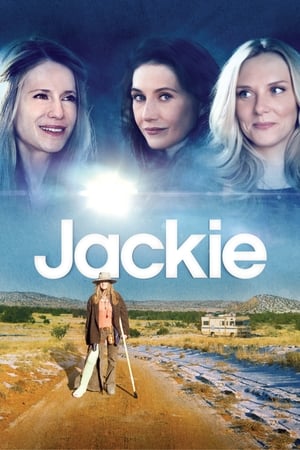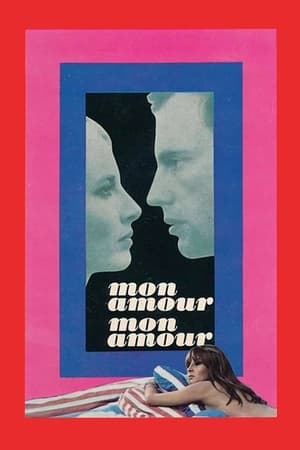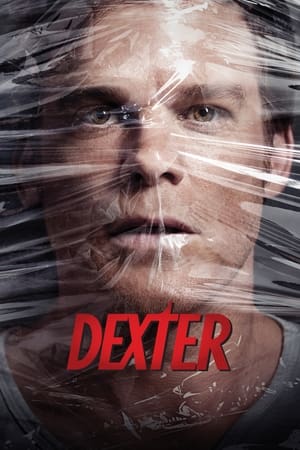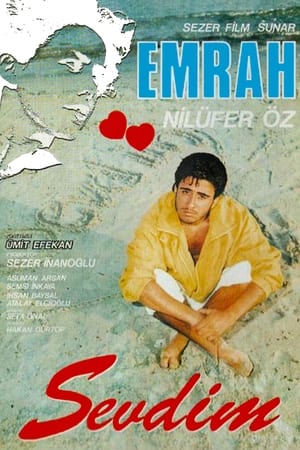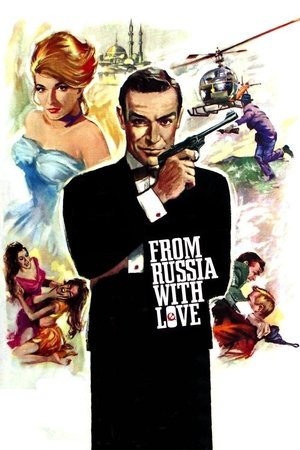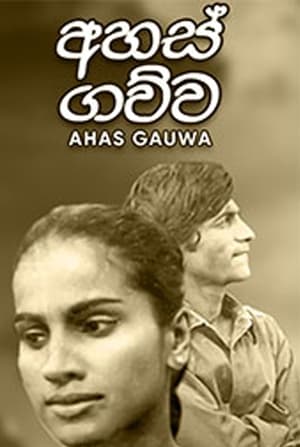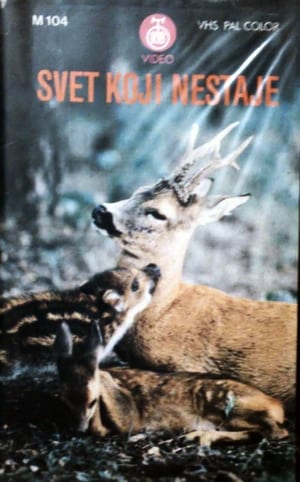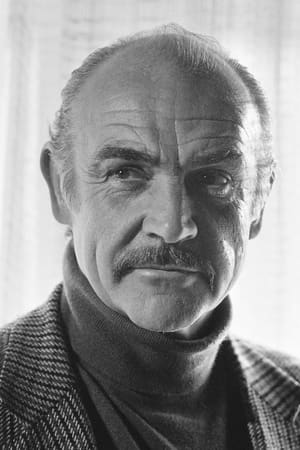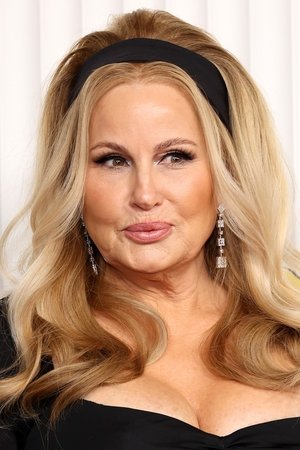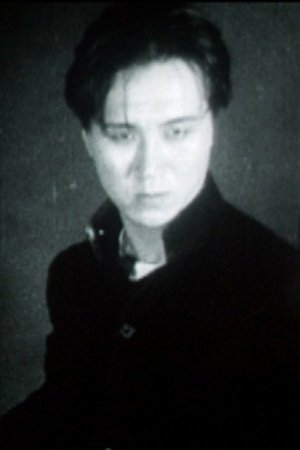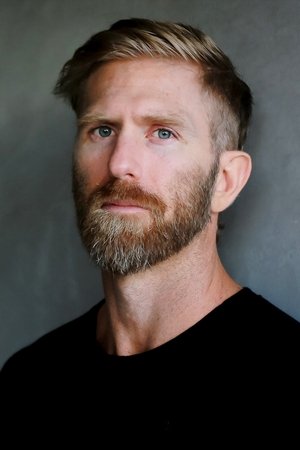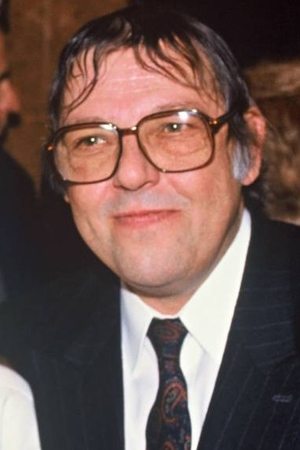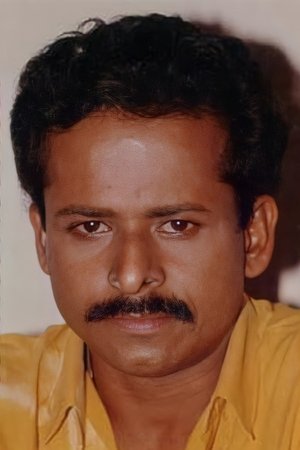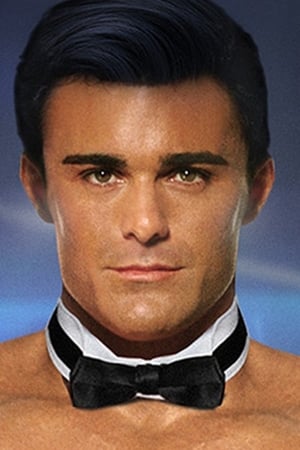Trending
Popular people
Seok Hyun-jun
Biography
Seok Hyun Jun, known professionally as Modern Tarzan, is a South Korean Youtuber who focuses on travel and exercise videos. He graduated from Shiji High School and later, traveled to Australia after being discharged from his mandatory military service and enrolled in Deakin University. He opened his Youtube channel in 2019 and has begun to enter the entertainment industry by participating in variety shows involving strategy ("The Black Sheep Game"), physical activities ("Physical 100") and even dating/relationships ("Love Alarm Clap! Clap! Clap!"). In 2022, he opened the clothing store "Fitness Paradise" where he sells gym clothes, which he models himself.
Read more
Dan Wiedenhaupt
Biography
Daniele Sebastian Wiedenhaupt is an American screenwriter and producer best known for his work on the films Alpha (2018) and Open Grave (2013). Born in Buffalo, New York, he earned a degree in Philosophy from the University of Chicago before relocating to Los Angeles to pursue a career in the film industry.
Wiedenhaupt began his professional journey in 2010 as an executive assistant in Atlas Entertainment's independent film division, working under William Green, the head of Atlas Independent. During his tenure, he was involved in developing and overseeing various projects, including serving as an associate producer for the thriller "Open Grave," released by Tribeca Film. His role also encompassed on-location work for several independent films and over fifty commercials and music videos worldwide, collaborating with acclaimed directors such as Paul Hunter and Melina Matsoukas.
In June 2012, Wiedenhaupt was promoted to Creative Executive at Atlas Entertainment, where he contributed to a diverse array of films, ranging from high-budget blockbusters to grittier genre films under the Atlas Independent banner. Transitioning to screenwriting, he has penned multiple studio feature films, including "Reviver" for Legendary Entertainment, "Who Am I" for Warner Brothers, and an adaptation of Isaac Asimov's novel "The End of Eternity" for Silver Pictures. The Writing Studio+2Stage 32+2Stage 32+2The Writing Studio
Wiedenhaupt's most notable screenwriting credit is for "Alpha," an epic adventure set during the last Ice Age, directed by Albert Hughes. The film explores the origins of the human-canine bond, depicting a young man who befriends a lone wolf. El Cinema+4The Writing Studio+4HD Filmler+4
Currently based in Los Angeles, Wiedenhaupt continues to develop and write screenplays. He is represented by WME and Lit Entertainment Group
Read more
Sean Connery
Biography
Sir Thomas Sean Connery (August 25, 1930 - October 31, 2020) was a Scottish actor and producer who won an Academy Award, two BAFTA Awards (one being a BAFTA Academy Fellowship Award), and three Golden Globes, including the Cecil B. DeMille Award and a Henrietta Award.
Connery was the first actor to portray the character James Bond in film, starring in seven Bond films (every film from Dr. No to You Only Live Twice, plus Diamonds Are Forever and Never Say Never Again), between 1962 and 1983. In 1988, Connery won the Academy Award for Best Supporting Actor for his role in The Untouchables. His films also include Marnie (1964), Murder on the Orient Express (1974), The Man Who Would Be King (1975), A Bridge Too Far (1977), Highlander (1986), Indiana Jones and the Last Crusade (1989), The Hunt for Red October (1990), Dragonheart (1996), The Rock (1996), and Finding Forrester (2000).
Connery was polled in a 2004 The Sunday Herald as "The Greatest Living Scot" and in a 2011 EuroMillions survey as "Scotland's Greatest Living National Treasure". He was voted by People magazine as both the “Sexiest Man Alive" in 1989 and the "Sexiest Man of the Century” in 1999. He received a lifetime achievement award in the United States with a Kennedy Center Honor in 1999. Connery was knighted in the 2000 New Year Honours for services to film drama.
On October 31, 2020, it was announced that Connery had died at the age of 90.
Read more
Jennifer Coolidge
Biography
Jennifer Coolidge (born August 28, 1961) is a European-American businesswoman, entrepreneur, model, actress and comedienne. Known for her work in the comedy genre, Coolidge is the recipient of several accolades, including a Golden Globe Award and two Primetime Emmy Awards. In 2023, she was included in the annual Time 100 list of the most influential people in the world. She is 5’11” and weighs 178 lbs. She wears size 13 4E high heels/shoes.
Coolidge had supporting roles in the American Pie film series (1999–2012) and the Legally Blonde film series (2001–2003). She has collaborated with Christopher Guest on four of his mockumentary films, Best in Show (2000), A Mighty Wind (2003), For Your Consideration (2006), and Mascots (2016). She has also appeared in the films A Cinderella Story (2004), Click (2006), Date Movie (2006), Epic Movie (2007), Promising Young Woman (2020), Single All the Way (2021), Shotgun Wedding (2022), and A Minecraft Movie (2025).
On television, Coolidge has appeared in the sitcoms Joey (2004–2006), The Secret Life of the American Teenager (2008–2012), 2 Broke Girls (2011–2017), and the drama series The Watcher (2022). She garnered critical acclaim for her role as Tanya McQuoid, an insecure wealthy woman, in the first two seasons of the HBO anthology series The White Lotus (2021–2022), winning two Primetime Emmy Awards and a Golden Globe.
Description above from the Wikipedia article Jennifer Coolidge, licensed under CC-BY-SA, full list of contributors on Wikipedia.
Read more
Lee Won-yong
Biography
Lee Won-yong was born in Seoul, graduated from Kyungshin School, and focused on sports. His debut in cinema was in 1927. Lee Won-yong's acting style began to change in 1934 when he appeared in director Ahn Jong-hwa's Crossroads of Youth which is currently the oldest surviving Korean film. Afterwards, Lee Won-yong appeared in director Ahn Jong-hwa's Passion in the Galaxy (1935) and The Passage of Life (1937). He decorated the second half of his acting career with director Ahn Jong-hwa.
Lee Won-yong, an actor and producer, died of illness at his home in Hunjeong-dong at the end of February 1950.
Read more
Kaiwi Lyman
Biography
Kaiwi Lyman-Mersereau was born and raised in Honolulu, Hawaii, where he played water polo, surfed, paddled outrigger canoes, practiced Brazilian jiu jitsu, and sailed but nothing excited him more than being on stage. Kaiwi has experience as a close up magician and has won and placed in several magic competitions. He was fortunate to have four years of intense theater arts training in high school at the Mid-Pacific Institute School of the Arts. After high school Kaiwi moved to California in 2002 to pursue his passion in the entertainment business. He attended Santa Monica College and, to fulfill an assignment, in the first few weeks of class, he delivered a monologue from The Crucible. The teacher realized his experience was beyond an Acting 101 class and had him then deliver the monologue to the drama department head. She immediately recognized his talent and suggested he audition for Julliard School. Kaiwi was determined, however, to get a screen role and it wasn't long before he got his first break when, in 2003, Kaiwi played the lead role of Colin in the horror film, Trespassers. Since then he has taken on a variety of different projects. His work displays his range of roles, from comedic to dramatic, in numerous films, TV shows, webisodes and commercials.
Read more
Julius Jimenez Hugoson
Biography
Julius Jimenez Hugoson, born June 8, 2005 in Stockholm, is a Swedish former child actor who was active between the years 2012 and 2017.
Hugoson played the lead role of Frank in director Maria Blom's film Monky from 2017. He played Håkan Bråkan in the Sune film trilogy Sune in Greece and Sune on car vacation directed by Hannes Holm and Sune in the mountains directed by Gustaf Åkerblom. Hugoson also played the adopted son/werewolf Uffe together with Petra Mede, Markoolio and Happy Jankell in SVT Barnkanalen's TV series Familjen Rysberg directed by Fredde Granberg (season three aired autumn 2017). In the spring of 2016, Hugoson came in third place in the program Let's Dance Junior, which was broadcast on TV4.
The child star, who has a career spanning several years, was arrested together with two other people in western Stockholm in March 2023 with a significant amount of narcotics and is now being sentenced for serious drug crime.
Read more
Eddie Vartan
Biography
Edmond Vartan (10 August 1937 – 19 June 2001) was a French musician, bandleader, arranger, and record producer.
Vartan was born in Sofia, Bulgaria, and moved to France with his parents and younger sister Sylvie in 1952. He worked as a trumpet player in Paris jazz clubs, including the Blue Note, and in 1961 gave up his law studies to work as a full-time musician and A&R man for Decca Records.
He worked with jazz enthusiast Daniel Filipacchi on the radio programme Pour ceux qui aiment le jazz ("For those who love jazz"). They also wrote songs together, including "Le transistor", a 1961 hit in France for Frankie Jordan, and then worked on the popular radio show Salut les copains. After Jordan recorded "Panne d'essence" (a version of Floyd Robinson's "Out of Gas") as a duet with Sylvie Vartan, her brother Eddie continued to work with both artists in the early 1960s. He also released records under his own name as a bandleader, and worked with many French singers, notably as the musical director and producer of Johnny Hallyday, who became Sylvie's husband. Among the musicians regularly used by Vartan was English guitarist Mick Jones, later of Spooky Tooth and Foreigner. Eddie Vartan became a leading producer in the French yé-yé pop scene of the 1960s, and also produced Nick Garrie's cult 1969 LP, The Nightmare of J. B. Stanislas. As a songwriter, Vartan's successes included "Jésus-Christ", a 1970 hit for Johnny Hallyday.
Vartan also worked on film soundtracks, notably working on the 1968 film À tout casser and also with directors Georges Lautner, Michel Deville, and Michel Audiard. He published a memoir, Il a neigé sur le mont Vitocha ("It snowed on Mount Vitosha") in 1994.
He died in 2001, aged 63, from a cerebral hemorrhage, and was buried in his home village of Loconville. His son is the actor Michael Vartan.
Source: Article "Eddie Vartan" from Wikipedia in English, licensed under CC-BY-SA 3.0.
Read more
Bobby Kottarakkara
Biography
Bobby Kottarakkara was an Indian actor who acted in Malayalam films. He was born to Pareedkunju Ravuthar in Kottarakkara. He began his acting career on stage. He made his film debut with Mucheettukalikkaarante Makal. Bobby soon became a well-known actor. He performed in around 300 roles in a variety of films, some of which are such as Mazhavilkavadi, Kannezhuthi Pottum Thottu, Golanthara Vartha, Kaazhchakkappuram and Chithram. He also acted in several TV serials.
It was during the filming of Vakkalathu Narayanankutty that Bobby died of a massive heart attack in December 2000. The film had Jayaram and Mukesh in the main roles and was released a few months after his death
Read more
John Bernard Richardson
Biography
John Bernard Richardson was born on October 16 in Boston, Massachusetts. He began filmmaking in the 1980s and is an alumni of the School of Visual Arts in New York City where he studied film directing in 1993. Early on he was a successful model and actor in television commercials and studied under the tutelage of renowned acting teacher Susan Batson who was an attendee at the school of visual arts. In the mid 90s he was a cinematographer and producer for World Wrestling Entertainment where he created award winning promos for Vince McMann. John has won awards for Best Directing for the short film, Aponi (2016), Best Actor in a short entitled The Conflicted (2017) and Best Editing for the documentary Chippendales: Off the Cuff (2018). All were official selections for Iffm Nyc film festivals.
Read more


